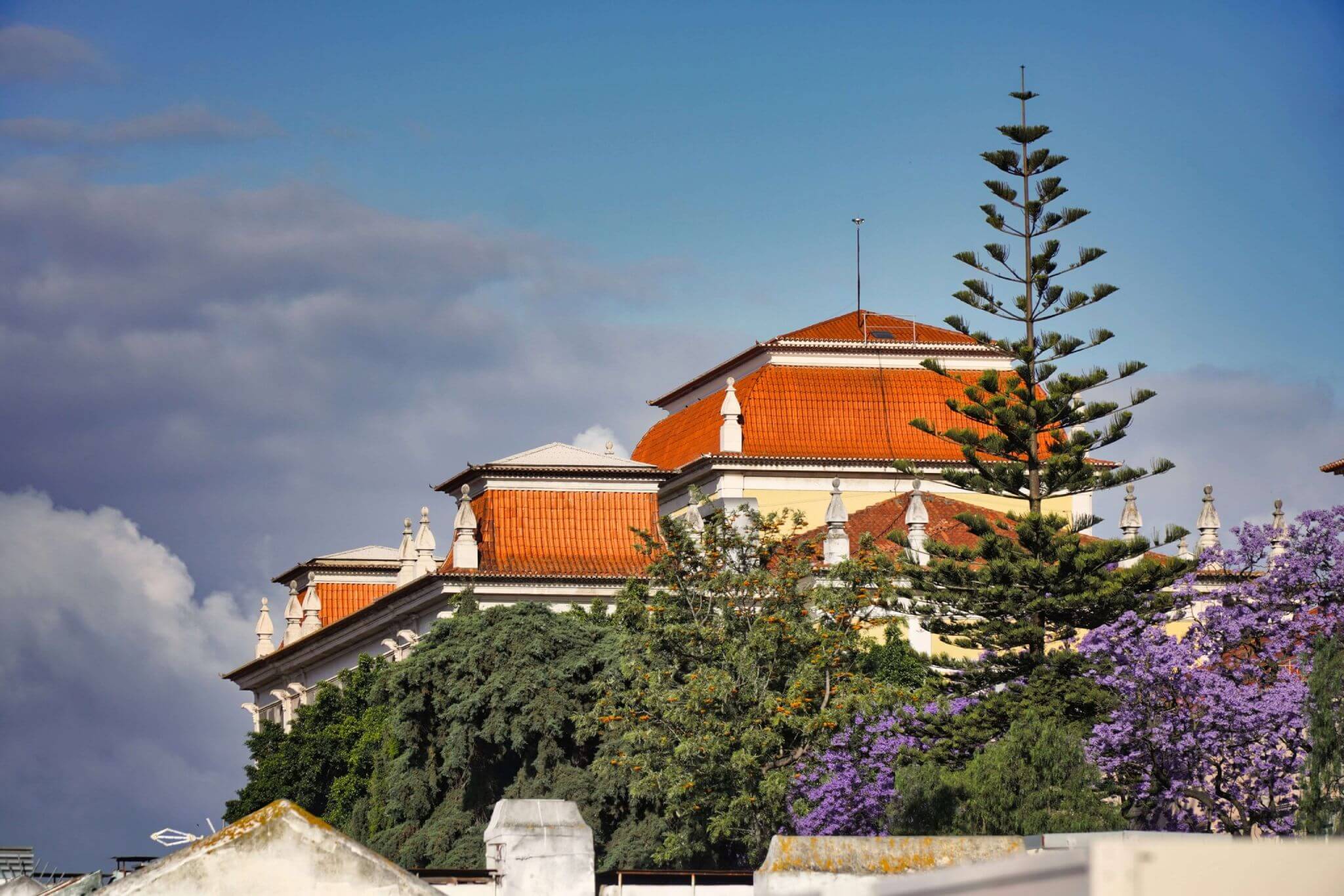Portugal has rapidly become one of the most sought-after destinations for international property buyers — and for good reason. With its sun-drenched coastlines, friendly locals, strong infrastructure, and favourable legal environment for foreign buyers, many are asking the key question: can expats buy property in Portugal?
The short answer? Yes — expats can buy property in Portugal without restrictions on foreign ownership. Whether you’re a European citizen or from outside the EU, Portugal’s real estate market is open, accessible, and full of potential. This guide will walk you through everything you need to know, from legal requirements to financing, taxes, and the buying process.
Why Portugal is a Hotspot for Foreign Buyers
Beyond the legal openness to foreign investment, there are several reasons ex-pats are flocking to Portugal to purchase property:
- Year-round sunshine and mild weather
- Affordable cost of living compared to other EU countries
- High quality of life and safety
- Excellent healthcare and education systems
- Potential for residency and citizenship after five years
- Attractive tax benefits, primarily corporate-related (international business owners should be aware of the MIBC regime)
Whether you dream of a holiday villa in Madeira’s countryside or a modern apartment in Funchal or Porto Santo, Portugal offers diverse options for retirees, digital nomads, investors, and families.
Can Non-EU Citizens Buy Property in Portugal?
Yes. Portugal does not restrict non-EU citizens from purchasing real estate. While the Golden Visa program previously allowed real estate purchases to count towards residency, recent changes (effective October 2023) have removed this option. However, alternative investment routes are still eligible for the Golden Visa, such as investment in Portuguese businesses or job creation.
Even without a Golden Visa, owning property can support long-term residency applications, and many expats still choose Portugal as their base for relocation or investment.
Step-by-Step: How to Buy Property in Portugal as an Expat
1. Get Your Portuguese Tax Number (NIF)
Before anything else, you’ll need a Número de Identificação Fiscal (NIF). This tax identification number is required for nearly every financial transaction in Portugal — from opening a bank account to signing a deed. Expats can apply for one using specialized services online.
2. Open a Portuguese Bank Account
This step simplifies currency conversion, mortgage payments, and local financial dealings. While not mandatory, it is strongly recommended — and required when financing through a Portuguese bank. This is because the Portuguese banking ecosystem makes integrating tax payments, tax credits and payment of utilities convenient, unlike any other banking ecosystem in Europe. Portuguese banks, including the Portuguese State, created a “monopoly” regarding inter-baking operations.
3. Work with Trusted Professionals
Hiring a licensed real estate agent, lawyer, and certified accountant with experience in expat transactions is essential. Professionals such as the MCS team, with more than 25 years of experience, will guide you through the legal landscape, negotiate on your behalf (provided a Power of Attorney is in place), and ensure your rights are protected.
4. Secure Financing (If Needed)
Mortgages are available to foreigners and often cover 60–80% of the property’s value, which is subject to evaluation by the bank. Non-resident expats typically need a 30% down payment, while residents may only need 20%. Portuguese financial institutions offer fixed-rate and variable-rate mortgages, with loan durations of usually 30 years.
5. Find the Right Property
Portugal’s real estate market varies significantly by region. Coastal hotspots like Funchal, Porto, and the Algarve tend to have higher prices. On the other hand, inland regions offer more affordable options.
6. Make an Offer and Sign the Promissory Contract
Once you find a property, your agent or lawyer will help you make a formal offer. If accepted, you’ll sign a Contrato-Promessa de Compra e Venda, paying a deposit (usually 10%). This contract is legally binding; penalties may apply if either party withdraws.
7. Due Diligence and Final Deed
Your lawyer will verify the property title, legal status, and debts or restrictions. After that, the Escritura Pública de Compra e Venda (final deed) is signed in front of a notary. The remaining balance is paid now, and the property is yours. At this stage, you may ask a member of the Engineers’ Guild (Ordem dos Engenheiros) to survey the property.
Required Documents for Expats
To buy property in Portugal, you’ll need:
- Valid passport or EU ID card
- Portuguese Tax Number (NIF)
- Proof of income or employment
- Bank statements
- Proof of address
- Property documents (title, building permits, floor plans, etc.)
If you’re financing, the bank will also require a credit report, recent tax returns, and a property valuation, often conducted by an independent engineer.
Property Taxes and Fees in Portugal
When buying property, be prepared for these central taxes and fees:
- IMT (Property Transfer Tax): Ranges from 0% to 7.5%, based on property value, location, and use (primary vs. secondary home).
- Stamp Duty: Set at 0.8% of the property’s value.
- Notary and Registration Fees: Typically 0.2% to 1.2% of the purchase price.
- Annual Property Tax (IMI): Based on the property’s tax value. Each municipality sets its rate, typically between 0.3% and 0.8%.
Best Places for Expats to Buy Property
- Lisbon: Great for professionals and investors; high demand and ROI.
- Porto: A charming cultural hub with growing investment potential.
- The Algarve: Ideal for retirees and holiday homeowners.
- Silver Coast: Beautiful beaches with lower prices than the Algarve.
- Cascais: A luxury destination close to Lisbon, popular with families and digital nomads.
Is Buying in Portugal a Good Investment?
In many cases, yes. Portugal’s property market has consistently grown since 2013, and homeownership rates remain high. Rental yields are competitive, especially in major cities and tourist hotspots.
Beyond investment, owning property in Portugal offers expats long-term security, potential tax benefits, and an unparalleled lifestyle in one of Europe’s most beautiful and peaceful countries.
Final Thoughts: Can Expats Buy Property in Portugal?
Absolutely — and many do. Portugal remains one of Europe’s most expat-friendly countries for property ownership. With no legal restrictions, a transparent buying process, and strong professional support, buying a home in Portugal is not just possible — it may be the best decision you have ever made, especially if you are considering Madeira.
If you’re considering the move or looking to invest, partnering with Madeira Corporate Services can make the journey smooth, secure, and enjoyable. Whether in a beachside villa or a city apartment, Portugal welcomes expats to plant roots and thrive.




